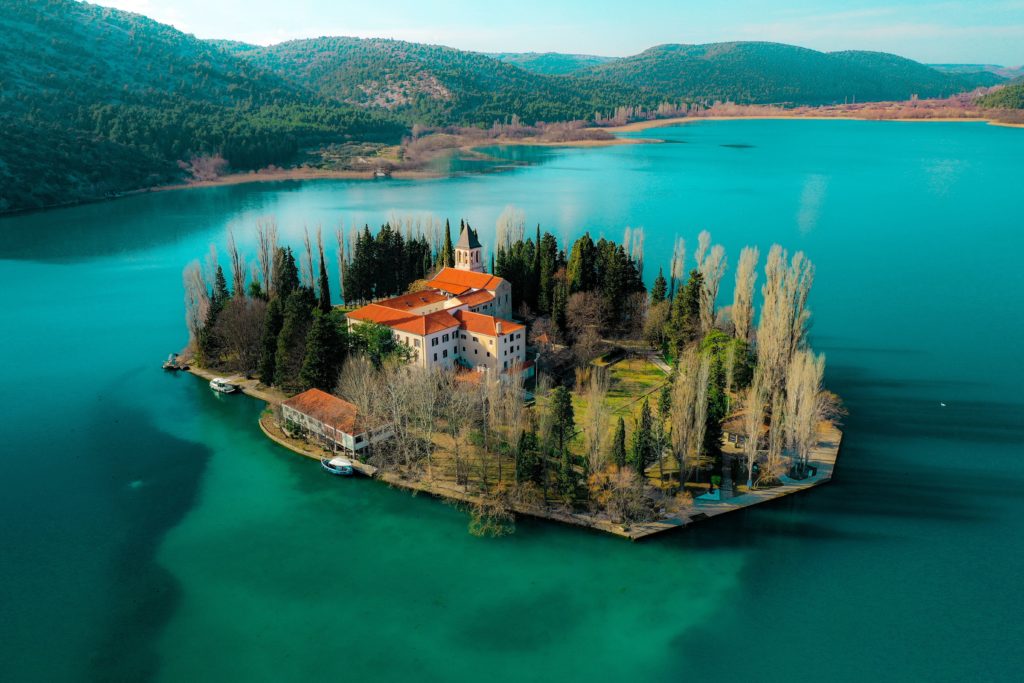Are you thinking of relocating abroad for your retirement?
Does the enchanting cities of Croatia appeal to you? If yes, then this guide on retiring to Croatia is for you.

Croatia is close to the Mediterranean Sea, having a coastline, which faces west. The country is blessed with riches and fertile soil. A member of the EU, Croatia has over a thousand islands of which only a few are inhabited. The Istria region in the north of Croatia is famed for its remarkable seafood, olive oil, leisure activities such as biking, sailing, etc. if you are looking to reside in picturesque towns such as Makarska, then the Dalmatian coast is your best pick. Blessed with a continental climate, anyone looking to enjoy the busy city life and cool air of the winter should visit the country’s capital, Zagreb.
Tourism is important to Croatia and its advancing economy. Therefore, living there might be pricey, but still lower compared to other European countries. Welcoming and friendly, the people of Croatia are kindhearted and loving.
Let’s look at five reasons why you should consider retiring there as an ex-pat and how to go about it.
Who can reside in Croatia?
The first thing you need to know about traveling to the country is that it is a European country and a member of the EU. This means that depending on your nationality, you may or may not require a visa and residence permit to live there. If you are an EU/EEA citizen, all you need is to register your stay. However, if you are from a non-EU country, you should apply for a visa before leaving your home country. Then after leaving there for a while, you can apply for a residence permit.
Cost of living
The cost of living depends on where you live, your feeding habits, and the type of housing system. Food costs are lower at local markets depending on the season. With the emergence of discount stores, there has been a drastic reduction in the prices of items. Another reason to choose the country is transportation. From cheap ferry rides, and affordable bus rides, to online apps such as Uber and Bolt. They all make transportation seamless, without stress, and cost-effective. Getting a house is easy if you have decided on buying or renting one. If you haven’t received a residence permit, you should rent an apartment first.
Safety
The country is one of the safest places in the world, ranking level one in the safest category of the US state department. As a member of the EU, the country is protected by the organization. It is a safe place to live in, but it’s in earthquake-prone areas. This means that it is likely to experience seismic activities. There are little or no crimes reported on the islands, despite the few inhabitants. If you want to live your golden years in peace, you must stick to the laws of the country and wherever you choose to live. Avoiding conflicts and reporting to a police station when there is trouble is best.
Healthcare
The healthcare system in Croatia lacks experienced health workers because most have left the country for other EU member states. This has affected the performance of the system. If you are going to reside in Croatia for more than three months, you have to contribute to the NHIS to qualify for medical coverage. Every resident who can make the monthly contribution is liable to universal medical coverage. Despite the low budget, the healthcare system still functions well. If you decide to work while living there, a certain percentage of your income will go into the health insurance plan. However, if you are living on your pension fund, then a tax will be deducted from it.
Living as a retiree
Croatia indeed offers the best lifestyle in the world, spending time with family. There is so much to do in the country if you are only interested in relaxing and exploring the beautiful sights. You can wake up to a cup of coffee in the morning sun or enjoy the simmering peka on a fine evening. Expect to be frustrated by the long hours of processing tasks in government offices. If you are granted a residence permit, you may travel out of the country whenever you please.



